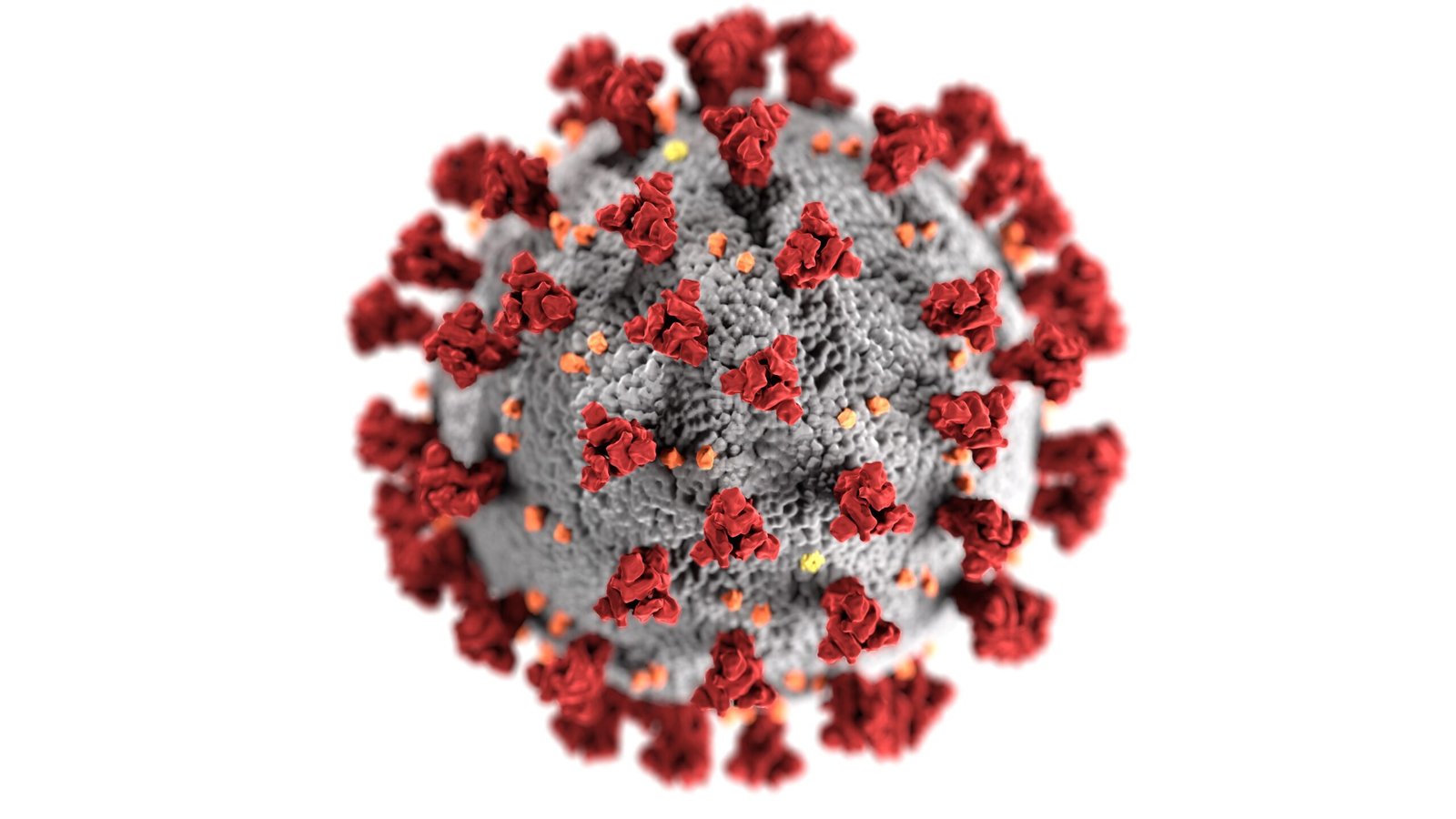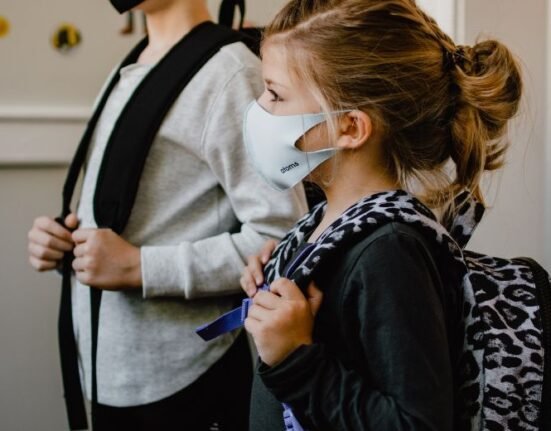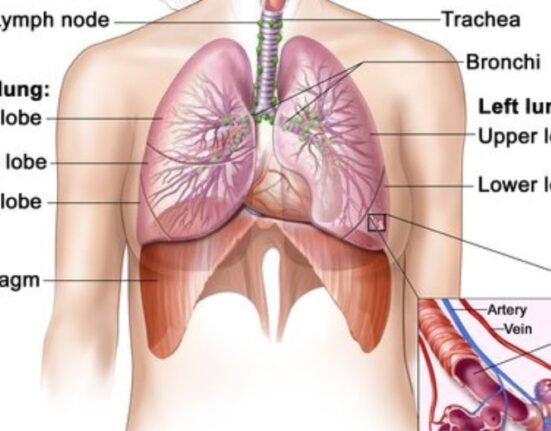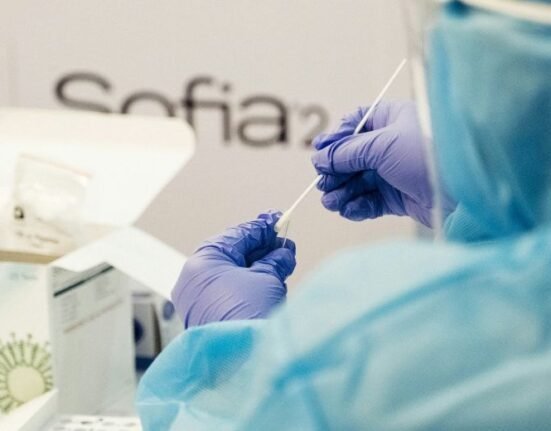HQ team
23 September 2022: The global threat of COVID-19 is far from over as the rollout of medical countermeasures stagnates, a UN body stated.
According to a recent Global Covid Access Tracker data, around a quarter of those most vulnerable globally, particularly high-risk groups in lower-income countries, still need a primary COVID-19 vaccination series.
Norway and South Africa, two key nations tracking the global rollout of vaccines, tests and treatment of the WHO’s ACT Accelerator Facilitation Council, stated that coordinated action, funding and political commitments were needed to save lives.
The group —- co-chaired by Indonesia and the United States —- is responsible for tracking progress toward the global COVID-19 targets for access to vaccines, diagnostics, treatments, and PPE, under the umbrella of the ACT-Accelerator equitable access partnership.
6.5 million deaths
As of 18 September, there were more than 609 million confirmed cases of Covid-19, and over 6.5 million deaths have been reported globally.
“Critical funding and political leadership are needed for the rollout of tests, treatments and vaccines,” Indonesian Ambassador Tri Tharyat, Director General for Multilateral Cooperation at the Ministry of Foreign Affairs, said.
“Funding the ACT-Accelerator will support its work to expand access to life-saving tools, from new oral antivirals to booster vaccine doses, to ensure healthcare workers and those who are most at-risk are protected wherever they live in the world.
“We must quickly translate vaccines into vaccination. No one is safe until everyone is safe,” Tharyat said.
Poor comparison
Covid-19 vaccination rates in low-income countries stood at 19%, compared to almost 75% in high-income countries. Low-income and lower-middle income countries were falling short of the 100 tests per 100,000 population per day target, and low-income countries are testing at a rate of just 2/100,000, while lower-middle income countries are at 22/per 100,000 of the population.
The rollout of new life-saving COVID-19 treatments, including oral antivirals in low and lower-middle-income countries, remains limited or non-existent.
Equitable access to these COVID-19 countermeasures and preparation for the delivery is critical for countries to integrate the management of the virus into their primary health systems, as part of a longer-term strategy, according to the group’s report.
“The swift, equitable rollout of vaccines, tests, and treatments is crucial to help countries combat COVID-19,” Mustaqeem De Gama, Director of Legal International Trade at South Africa’s Department of Trade, Industry and Competition, said.
“Without adequate testing and sequencing, the world is blind to the evolution of the virus and potential new variants. People in low and middle-income countries continue to die due to a lack of access to antiviral treatments and oxygen. We must push for equitable access to COVID-19 tools, despite multiple competing priorities.”








